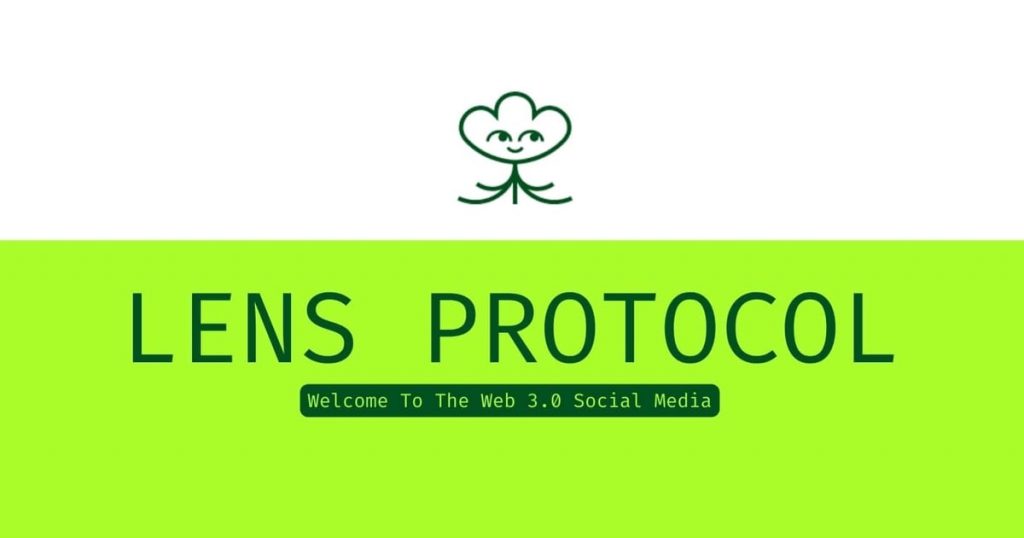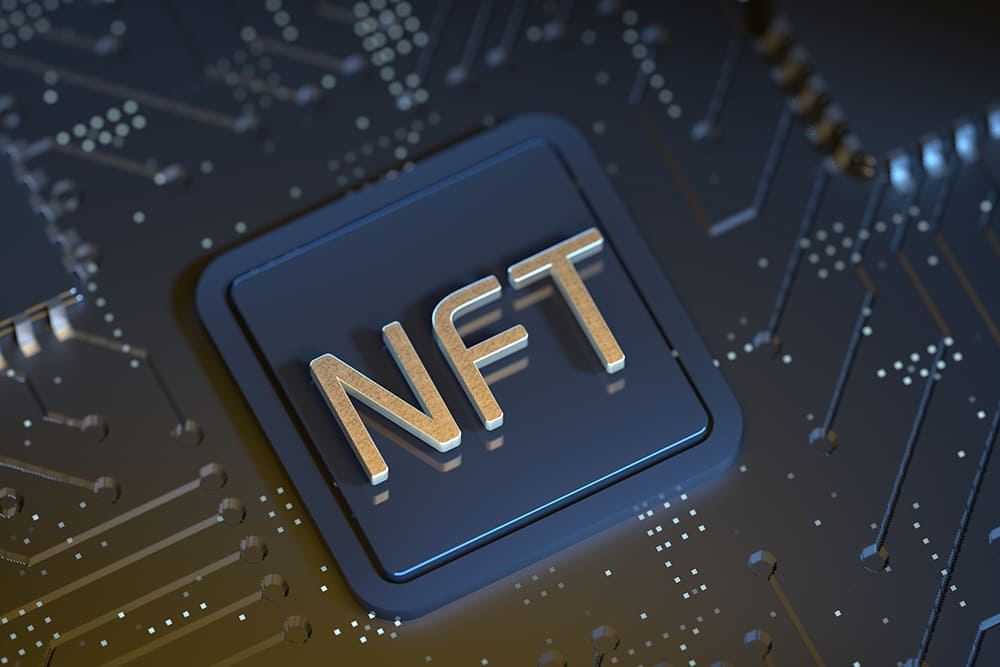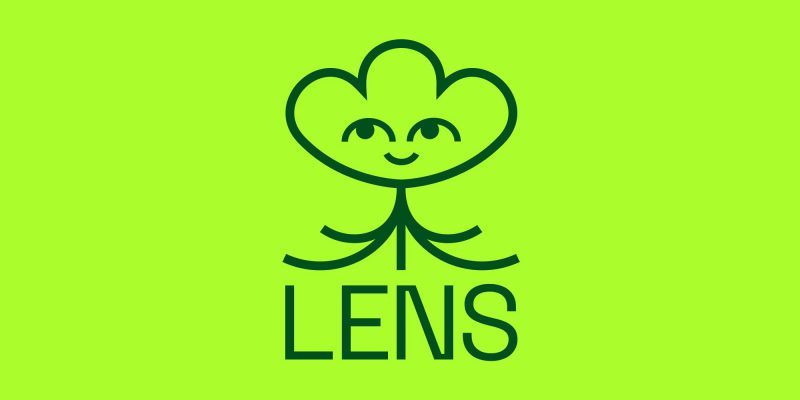The blockchain industry, like all tech sectors, is a rapidly moving entity. Constantly shifting to new developments and advancements, every day seems to bring a brand new Web3 component to those involved with the industry. Subsequently, in this guide, we’ll break down the Lens Protocol, what it is, and how it works.
What makes Lens Protocol really interesting is that it combines blockchain technology with one of the most dominant facets of our world today: social media. Specifically, the innovative program is a decentralized social graph that combines this technology with a new form of human interaction.
Social media is undoubtedly among the most popular forms of human interaction on the planet. Moreover, it appears as though every day brings a new platform for people to engage with and interact with. Now, the blockchain industry has introduced its very own take on the idea with its unique and advanced technology.
What is Lens Protocol?


Also Read: did AAVE’s LEns Protocol Launch Rally the Token by 10%?
Lens Protocol is a blockchain-based open-source social graph that is meant to orchestrate a new approach to social media. Indeed, the idea of Web2 social media platforms has dominated internet engagement. These platforms, like Twitter and Facebook, have become vital to social life in the modern world.
Yet, where Lens Protocol is different is that it is permissionless and empowers content creators in a way that is different from the centralized approach of a Web2 version of the same platform. Subsequently, the key difference between these two ideas is the interconnectivity of their creation.
Lens Protocol is seeking to revolutionize social media and create an avenue to push the technology into the future. Moreover, it utilizes blockchain-based open-source social graphs that continue the empowerment of decentralization that is flowing within all Web3 creations.
Where the program differs from others is that it is a clear, decentralized way to maintain an online social identity. The platform allows its users to link to every profile that they maintain on the internet. Therefore, they are no longer bound to the whims of the platform and can instead take control of their online being for the purposes of social interaction.
Users on this decentralized platform own their data, their links, and their information. Therefore, it provides an avenue of control that isn’t just rare in social media but in every centralized offering of modern technology. Creators are empowered to take ownership of the audience and what they deliver to them.
Why Its Important


Also Read: Donald Trump Returning to Facebook and Twitter
Lens Protocol and decentralized social media are becoming increasingly important amidst the control that social media users sacrifice. De-platforming has become a massive issue regarding social platforms, and Lens Protol seeks to combat that absence of control.
The program first arrived in 2022 and became immensely popular with blockchain and crypto enthusiasts. Moreover, with state bans on TiTok beginning to gain a voice, the decentralization of social media began to attract a larger crowd. Therefore, it gained a calling to bring forth something like the Lens Protocol.
What makes it important is that it does not stand alone, as it is not a Twitter or Facebook alternative. Instead, it is a way that provides a permissionless composable social graph that is built on the Polygon blockchain. The open-source design creates an expanded array of possibilities for users.
Innovation and customization are key to the development of the program. Moreover, it has increased interest due to how it uses NFTs within its decentralized nature. Creating an environment and a product rooted in the rights of creators.
Decentralization and NFTs


Also Read: PayPal’s Patent Files Show Interest in NFTs and Layer-2s
The platform utilizes non-fungible tokens (NFTs) as leverage, so every piece of content on the platform is connected to the ownership rights of the individual. Therefore, creators are empowered to ensure that content is used and shared. Furthermore, users are able to combat content moderation, which is often available on centralized platforms.
This idea establishes the user profiles as an NFT and is vital to the prototype operations. The ownership of content is a key aspect that is absent on other platforms. Whether it be words, pictures, or avatars, all content is available on-chain and belongs to the creator.
This decentralized idea presents where the platform has its greatest advantages. The censorship-resistant nature of the program is immeasurably important in modern society. Specifically, social media networks can, at times, be weaponized. What the Lens Protocol does is present a clear defense against that agenda. Subsequently, this brings forth a place for social data to belong to the individual and not the platform. A revolutionary idea that could have massive implications for the idea of social media.





